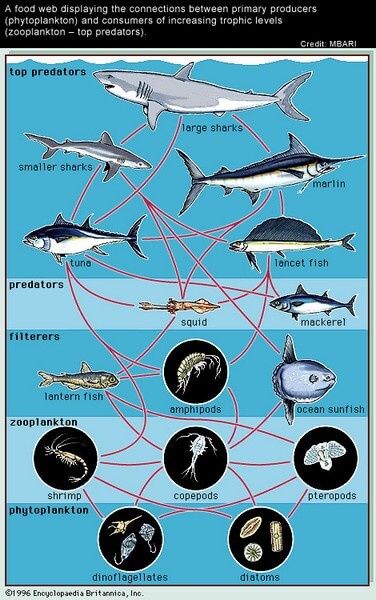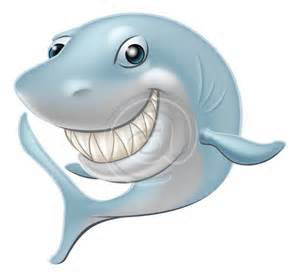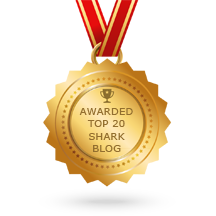Marine eco-systems are becoming increasingly unstable.
Despite the importance of the biological diversity in the world’s oceans, and the well balanced community of species, with the over fishing, illegal fishing and poaching of the oceans resources as well as climate changes and the steady destruction of marine habitats, the Marine eco-systems are becoming increasingly unstable.
Every eco-system plays a vital role; one of the most important functions of the marine eco-systems is the production of biomass from sunlight and nutrients, which represents the basic food course for all marine life, and so ultimately human also. Around half of the worlds’ primary productivity is achieved by microscopically small plants, and phytoplankton, which grow and divide in the ocean.
Another function performed by ecosystems is the creation of habitats in coastal ecosystems…
For example, macro algae, seagrass and corals form large undersea forests, meadows or reefs that provide habitats for many other species such as molluscs, crustaceans and fish. Kelp forests and seagrass meadows in the Baltic Sea are vital habitats for the fry and juvenile fish that grow up here before swimming into the open ocean as adults. As with mangroves and the Lemon Shark. Gastropods and small crustaceans likewise feed on microalgae growing on the kelp or seagrass. They thereby ensure that the structure-forming plants are not smothered, and are allowed to grow – that is their contribution to the ecosystem. The molluscs and crustaceans that feed on microalgae are the basic food source for larger predatory crustaceans and fish.

Seagrass and kelp itself have relatively long life spans because they are poor food sources for grazing crustaceans and molluscs. They store nutrients in their biomass for a long time, including nitrogen and phosphorous compounds transported by rivers from agricultural areas to the sea. Seagrass and macroalgae thus function as a kind of biological purification system in coastal ecosystems.
Biological diversity in the oceans is essential.
There has been a lot of study and research around the dramatic decline in biological diversity and whether it has consequences for the stable functioning of eco-systems and after 10 years of intensive study, the answer is a resounding “yes, it most certainly does!” Experiments in coastal eco-systems, particularly seagrass meadows and kelp forests, have shown that biological diversity in the oceans is essential for maintaining the eco-system. Species diversity was decreased in various ways during these experiments in order to compare the eco-system functions of species-rich with species-poor areas. In one field experiment, for example, the number of seaweed species was artificially reduced by removing some at the beginning of the growth period. The total algal biomass in this species-poor area did, in fact, decrease, thereby resulting in a decline in the food for consumers as well as the number of available habitats. In another experiment, the number of grazing species that feed on the microalgae growing on seagrass was reduced. It was found that the species-poor grazer communities consumed fewer microalgae than species-rich communities. The shortage of grazing species resulted in a slower growth of seagrass because the increased growth of microalgae repressed photosynthesis in the seagrass. These two experiments indicate that a decrease in biological diversity has a negative impact on the structure of the habitat, regardless of whether the number of species of producers (macroalgae) or consumers (grazers) is reduced.
Till we meet again, keep that toothy grin!

By Nadine Bentley





